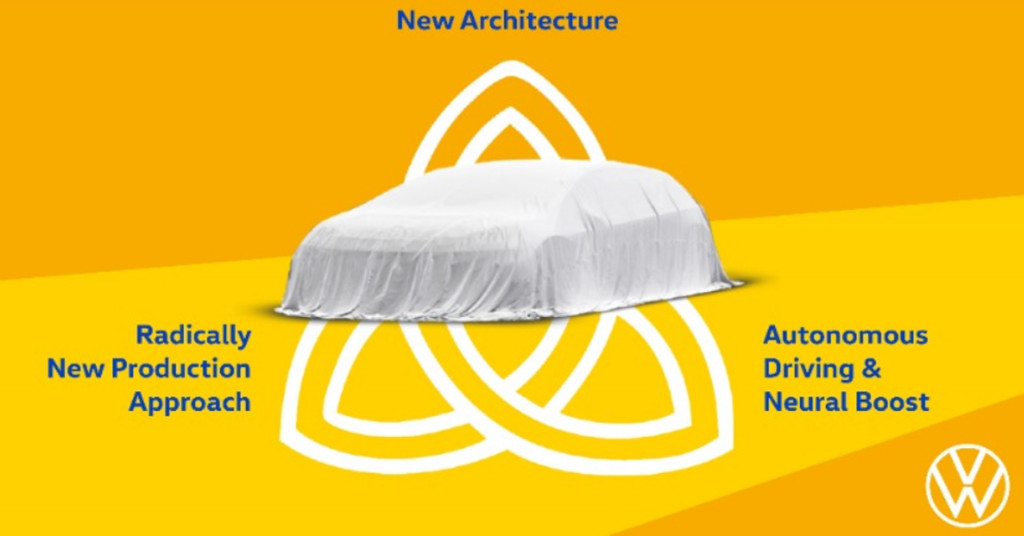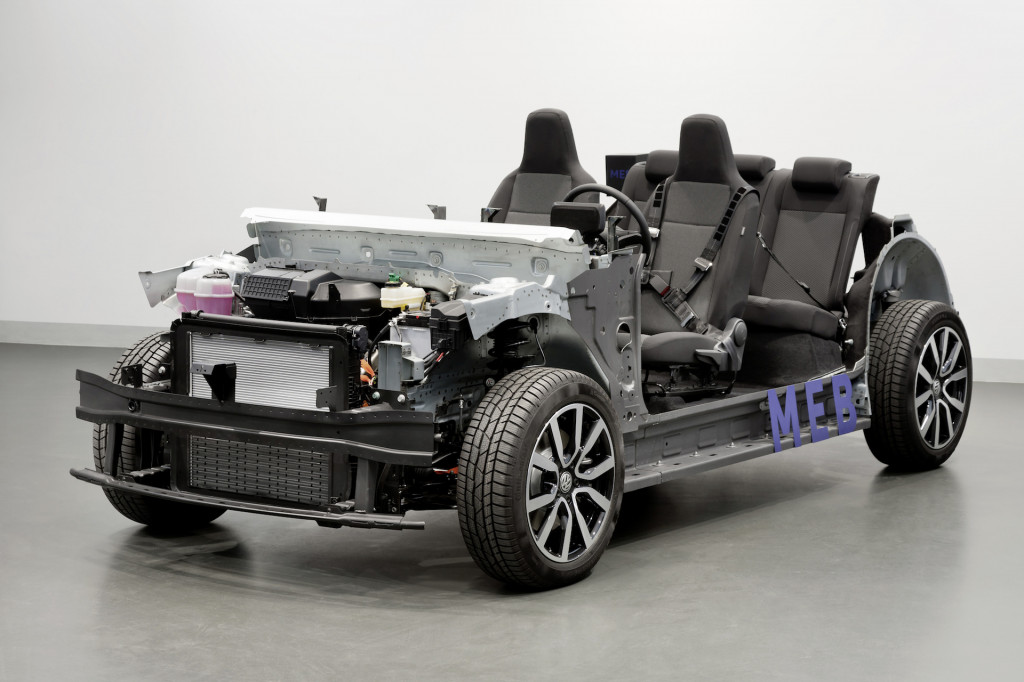Volkswagen's Project Trinity flagship electric car, due in 2026, will be the first car VW has "developed from the inside out," according to a recent Autocar report.
That means VW is focusing on the interior and interface first, with other considerations following in priority. That's because of Project Trinity's emphasis on driver-assist tech, VW sales boss Klaus Zellmer said in an interview with Autocar.
VW has listed "autonomous driving" as one of three pillars that give Project Trinity its name, along with a new architecture and new production approach.
But so far VW has only confirmed that the new EV, expected to be a four-door sedan, will get driver-assist tech corresponding to Level 4 on the SAE autonomy scale, which might allow automation in certain situations, but would still require a human driver (Level 5 denotes full autonomy).

Volkswagen Project Trinity: Battery-electric technological flagship in the works
Even Level 4 capability won't be available at launch. Project Trinity will launch with Level 3 driver-assist tech, with more advanced features added later via over-the-air (OTA) software update. That's partly down to a lack of regulatory clarity regarding autonomous cars, VW development boss Thomas Ulbrich said.
Use of OTA updates also fits the new business model VW previously discussed for Project Trinity—with features and options potentially available on demand and by subscription. It also follows the example set by Tesla with the distribution of its driver-assist systems.
In 2017, CEO Herbert Diess said that VW would "leapfrog" Tesla in EVs—and while VW's effort to ramp up mass-market EVs is well underway, it hasn't yet shown technical superiority in EV performance, platforms, or interfaces.

VW MEB platform
Although VW has boasted of many efficiencies for its MEB platform, due to underpin millions of EVs, it hasn't exactly embodied the "inside out" approach we've heard from other automakers in their EVs—Hyundai, for instance, with its E-GMP platform. VW has instead aimed to focus on all the different "top hats"—different vehicle designs—that might effectively be designed with the same common underpinnings.












